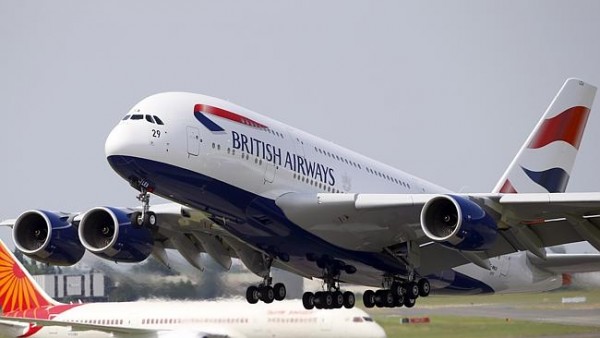UK flight crews are taking legal action against airlines after alleged injuries due to toxic fumes.
Seventeen crew members are bringing suits against their employers, with the aid of the British trade union, Unite. The crew members are believed to have fallen ill after being exposed to cabin air contaminated with the fumes from engine oil and other toxic chemicals.
An International Concern
The suit is being launched amidst a growing international interest in the safety of cabin air. The European Aviation Safety Agency is currently spearheading an inquiry into air quality on commercial flights. The regulatory body has tasked a team of German researchers with evaluating the air quality on over 60 flights in the next 18 months.
And there’s good reason for the investigation. A report submitted to the Civil Aviation Authority (CAA) documented 251 separate incidents of fumes or smoke in the cabin on British commercial jets between April 2014 and May 2015. There was illness or injury reported in at least 104 of the 251 cases, and the study did not include international airlines flying in British airspace.
In addition to backing the flight members’ legal action against the as yet unidentified airlines, Unite has also set up a helpline for crew members to report future toxic cabin air incidents.
The airlines, however, maintain that there’s no cause for alarm, saying that incidents relating to the quality of cabin air are rare and that the companies do everything in their power to minimize risks.
British Airways released the following statement in February after a coroner, investigating the death of one of the leading airline’s pilots, confirmed that toxic cabin fumes could pose a significant health risk to frequent fliers and aircrew: “We would not operate an aircraft if we believed it posed a health or safety risk to our customers or crew. We will continue to keep abreast of the objective scientific information available.”
Other Safety Issues
Toxic cabin air is not the only safety concern catching the attention of aviation regulatory bodies and the international community these days.
The International Civil Aviation Organization (ICAO) recently “red flagged” Thailand, over concerns that the Southeast Asian nation has insufficient air safety standards. This move adds Thailand to a list of 12 countries – including Haiti, Lebanon, Uruguay, and Sierra Leone – that ICAO deems to be deficient.
Meanwhile, in the United States, pilots of the Nevada-based budget airline Allegiant Air are speaking out about what they say are subpar safety standards on the part of their company.
A union representing the pilots sent a letter to the board of Allegiant Air outlining 38 separate incidents occurring in the first quarter of 2015 that the pilots say indicate a bare-bones approach to safety.
CBS News reported that the airline has had a series of mechanical incidents in June, leading to near-misses and dangerous situations, including one in which passengers were forced to evacuate a jet and stand on the wing after a possible smoke sighting.
CBS reported that the pilots’ accusations are being investigated by US aviation regulatory bodies.
By Harry Price
Harry Price is a artist and freelance writer from the south coast. He loves running marathons, cooking, rockclimbing and socialising, though not always in that order.
















